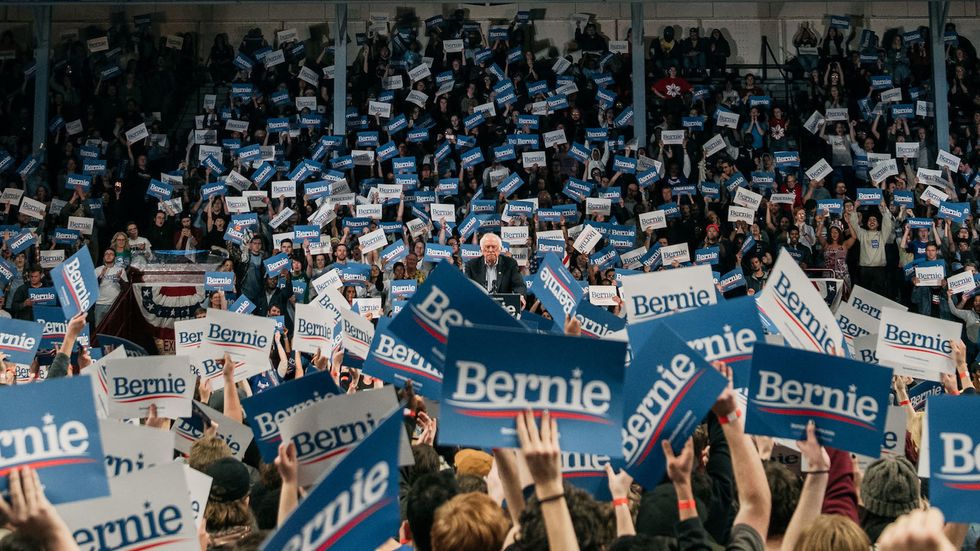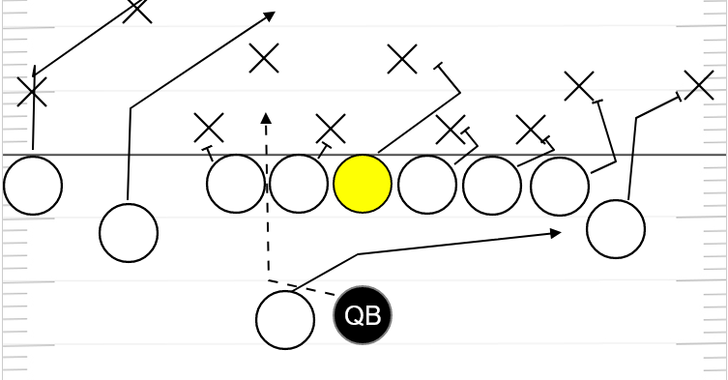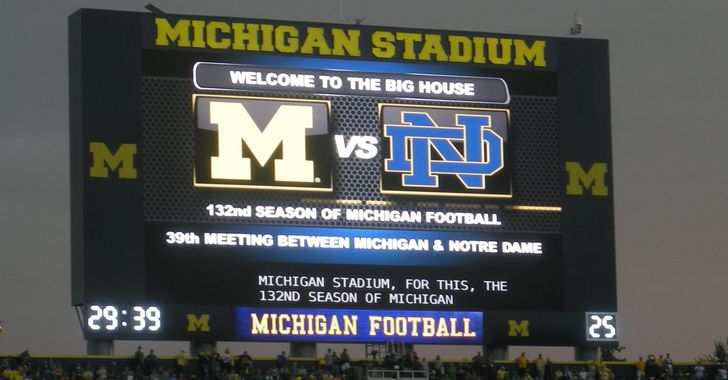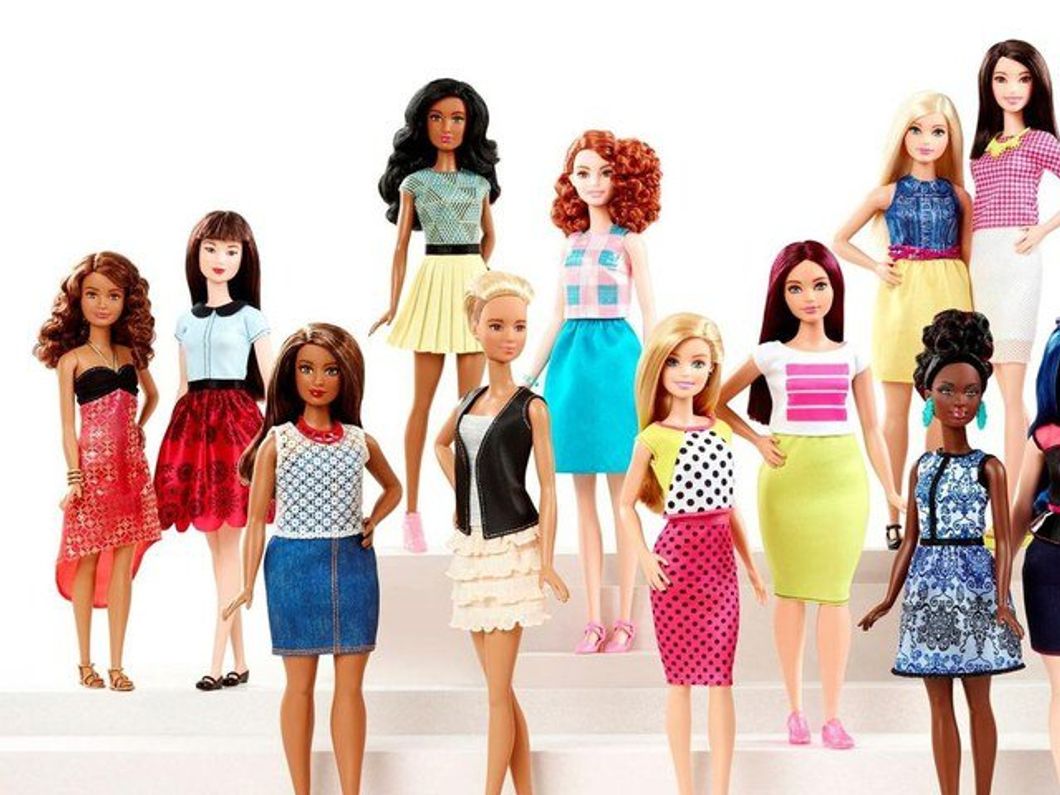Last weekend, Democratic candidate and former New York City mayor Michael Bloomberg's $30 million television ad campaign was met by disgust from fellow candidate Vermont Sen. Bernie Sanders. Sanders, whose campaign is fueled nearly entirely by small-dollar donations, described the expenditure as "the latest example of a rigged political system" that rides on the back of billionaire contributions. He strongly condemned Bloomberg's inability to build grassroots support, going so far as to say that Bloomberg has "no business running for president" without the financial support of the common American.
In a country that hasn't seen a non-millionaire president since Harry Truman, the idea of a leader that fully represents the working class seems like an impossibility.
Running a single campaign typically costs around $500 million by the time elections roll around, and with current campaign finance laws that allow this kind of extreme expenditure, it's admittedly unrealistic for most candidates to fund a campaign with only small-dollar donations. That said, the candidates America needs are the ones like Sanders who take grassroots campaigning as far as they possibly can to truly accrue the support of the working class.
This distinction is one of the most important factors when it comes to deciding which Democrat to nominate for 2020. The Democratic Party as a whole emphasizes supporting the lower 99 percent and making sure everyone has equal opportunities, but too many candidates don't practice what they preach. No meaningful change is going to come about until candidates bring the constituents themselves into the political arena, listening to their ideas and relying on their support and making sure that the experiences of the working class are not overshadowed by checks from lobbyists.
In stark contrast to this ideal candidate lies billionaires like Bloomberg. He has the financial means to casually dump millions of dollars into advertisements when he hasn't even announced his candidacy yet, and he represents the corruption that still plagues our political system by effectively allowing the very wealthy to "buy" elections. With enough effort and enough support from his constituents, Bloomberg is entirely capable of running a grassroots campaign that actually represents the needs and desires of the American working class. Before his campaign even officially starts, however, he is trying to play the system using his wealth in order to get ahead. After three years of seeing how this kind of corruption negatively affects the average American, it's not hard to see why another billionaire is a poor choice for this country.
At the end of the day, the president exists to serve as a leader of all of America's people: the wealthy, the poor, the middle-class, and everyone in between.
Candidates who reject grassroots campaigning from the start make it clear that they want what's best for themselves, not their constituents. Until Americans from all tax brackets recognize this and start rejecting billionaire-funded campaigns like Bloomberg's, candidates will continue to succeed based on the amount of money they can dump into elections instead of how well they can truly represent their constituents.









 Photo by
Photo by 









































